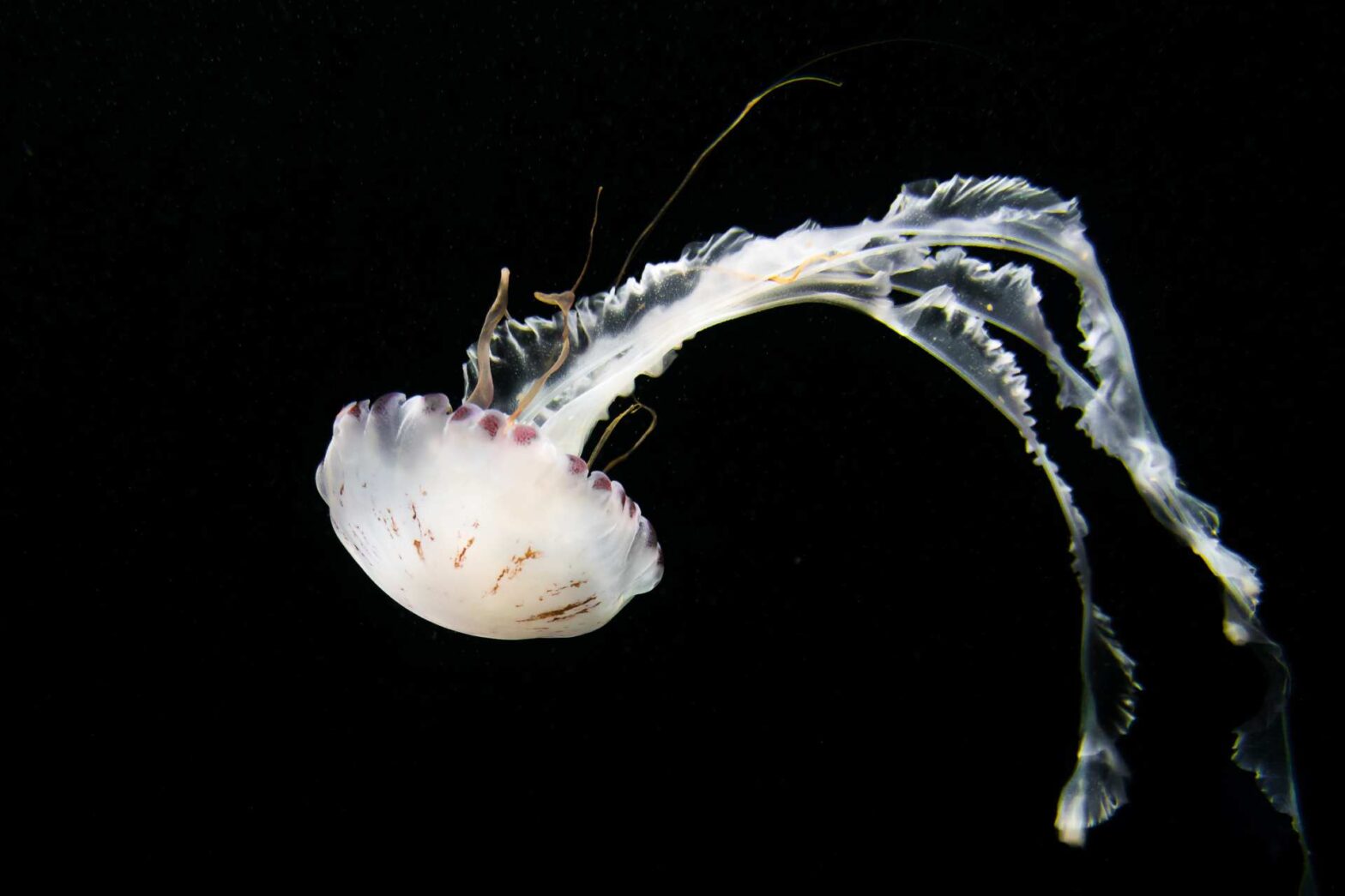NO green light for deep-sea mining! Ocean champion countries stand firm.
The International Seabed Authority (ISA) Assembly closed its meeting on Friday, 28 July, marking the end of intense deep-sea mining negotiations in Kingston, Jamaica over the past three weeks. With mounting pressure from governments, scientists, the business community, and civil society to halt deep-sea mining, the respective meetings of the Council (10-21 July) and the Assembly (24 -28 July) were met with great anticipation.
The ISA Council – no green light for deep-sea mining
On 21 July, the ISA Council Meeting, which consists of only 36 members, ended with no deep-sea mining code agreed or adopted, administering another setback to those who want to progress on deep-sea mining.
“We applaud the efforts by a growing number of forward-thinking countries, including Switzerland, Brazil, Costa Rica, Chile, France, and Germany, among others, that have resisted efforts to green light commercial-scale deep-sea mining. Their commitment to put the marine environment centre stage by supporting a precautionary pause, moratorium, or ban sends a hopeful signal to the world that the growing voices against deep-sea mining are being heard”, says Nicolas Entrup, Director International Relations at OceanCare.
Unfortunately, the Council fell short of closing the legal loophole created by the so called “two-year-rule” that would allow a company to apply for an exploitation application, even in the absence of regulations. This loophole put States under considerable pressure to finalise and adopt regulations for deep-sea mining within 24 months or nonetheless consider and “provisionally approve” mining applications after the two-year deadline, which lapsed on the 9 July. The threat of unregulated DSM therefore continues to loom.
The Assembly – wranglings over agenda, discussion postponed
Immediately following the Council meeting, the ISA Assembly, the supreme body of the ISA representing all 168 countries member to the organisation, met from 24 to 28 July.
The ISA Assembly, entrusted with the power to establish general policies to protect the marine environment, was set to formally discuss, for the first time, a ‘pause’ or moratorium on deep-sea mining. However, the inclusion of the agenda item, which was proposed by Chile, Costa Rica, France, Palau, and Vanuatu, was obstructed by a handful of countries, and had to be postponed, with a view to be resubmitted by the next ISA Assembly in 2024. Support for a precautionary pause or moratorium on deep-sea mining continues to grow. It is therefore paramount that this issue is properly addressed as a distinct agenda item by the ISA Assembly, where all countries member to ISA are represented.
Ocean conservation must be at the core of the deep-sea mining debate
Large-scale exploitation activities of the deep seabed would result in severe and irreversible impacts and the loss of biodiversity. The ocean and its biodiversity is already facing a multitude of threats, including from transboundary pollutants such as underwater noise, plastic pollution and the impacts of climate change.
“The ocean is the blue lung of our planet and healthy marine ecosystems are the strongest ally we have in tackling the climate and biodiversity crises – the effective protection of the environment must therefore be at the core of the deep-sea mining debate” says Entrup, adding “the ocean builds the foundation of life on earth, providing critical ecosystem functions, regulating our climate, and generating the oxygen we breath. We should protect it, not find new and speculative ways to extract its finite resources”.
